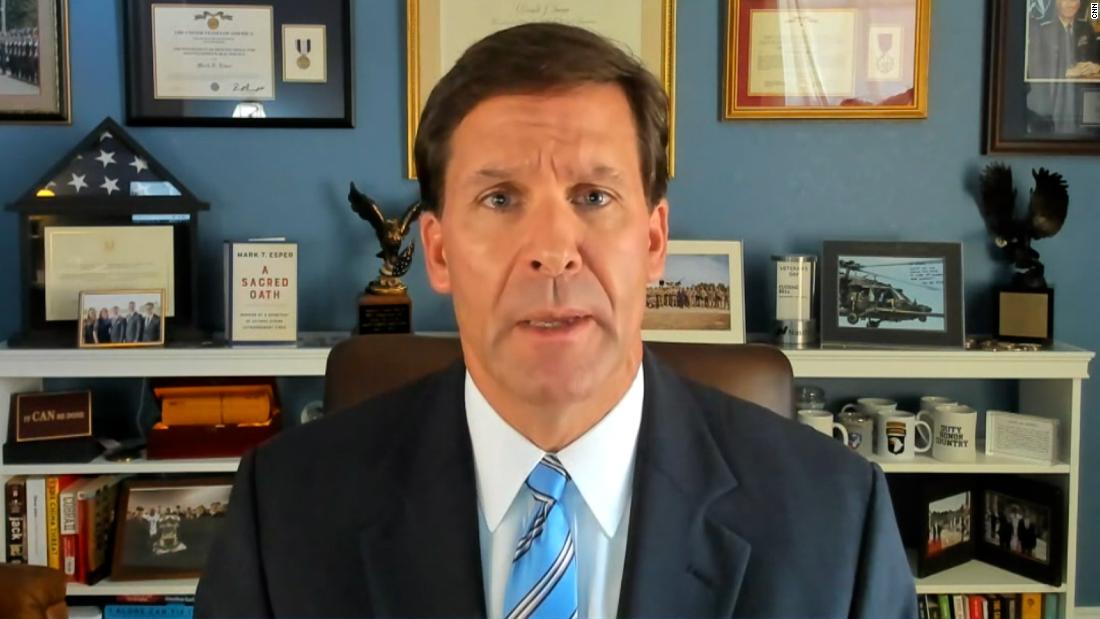Car Crash Surge Blamed on Pandemic-Era ‘Recklessness’
Experts say that a recent uptick in reckless driving behavior on the road is likely a reflection of widespread feelings of isolation, loneliness and depression generated by the COVID-19 pandemic.
Even though pandemic precautions dramatically reduced driving in 2020, there were still 38,680 deaths on U.S. roadways last year, the most since 2007, reports the Los Angeles Times. And while experts guessed that those numbers would decline in 2021, the latest evidence suggests that after decades of safety gains, the pandemic has made U.S. drivers more reckless — more likely to speed, drink or use drugs and leave their seat belts unbuckled. Experts say that this behavior on the road is likely a reflection of widespread feelings of isolation, loneliness and depression.
COVID-19 marks “a sea change in psychology,” said Frank Farley, a professor of psychology at Temple University in Philadelphia, who views reckless driving as a form of rebellion — or what he calls “arousal breakout.” “You’ve been cooped up, locked down, and have restrictions you chafe at,” he said. “So if you can have an arousal breakout, you want to take it.” Annual fatalities fell from around 55,000 in 1970 to 36,096 in 2019, then rose 7.2 percent in 2020, followed by an 18 percent jump in the first six months of 2021, based on preliminary figures from the federal government. For every 100 million miles driven last year, 1.37 people died, a 23 percent rise from 2019.

 Landwebs
Landwebs 





















